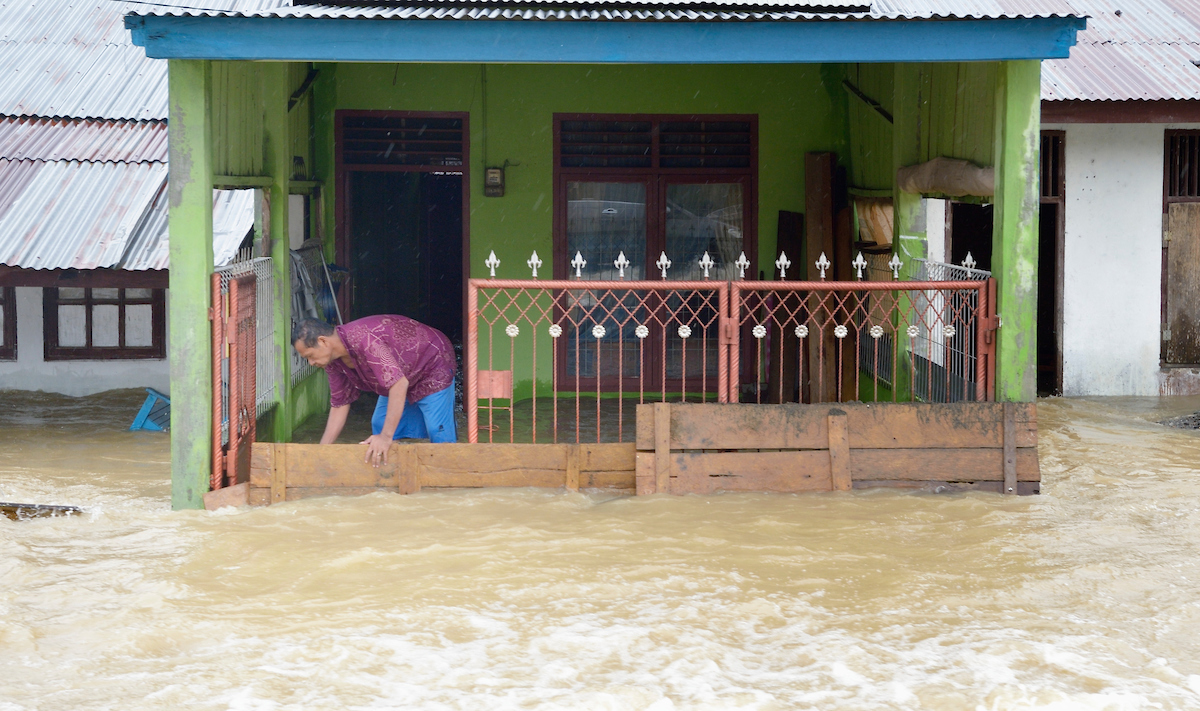By Niko Humalisto
The distribution of the $100-billion-dollar climate finance commitment sparks competition among developing countries vying to be primary recipients of support. Notably, many African least developed countries (LDCs)
haven’t received aid from the key UN fund for climate action. Prioritising these limited finances for actions yielding the most benefits aligns with the interests of countries mobilising these funds. Central to this prioritisation is the concept of particular vulnerability.
In climate negotiations such as COP28, nations often highlight their vulnerabilities: the Arabian Peninsula faces extreme heat, island states are grappling with rising sea levels, and countries with savannahs are at risk of desertification. Consequently, there is growing competition to establish vulnerability to increase the chances of being eligible for climate finance for mitigation, adaptation, and loss and damage in future.
The competition for finance is partly due to scientific ambiguity. Vulnerability lacks a singular definition and can vary in terms of duration (long or short term), geographic scale, and an emphasis on societal, technological, or natural causes of vulnerability. Different scientific criteria lead to inconsistent results when answering the question of whether climate finances are largely targeted to vulnerable countries. Since a scientific consensus might not soon emerge, a political solution becomes imperative.
Vulnerable or particularly vulnerable nations
However, defining vulnerability politically remains not only ambiguous but controversial. The Paris Agreement identifies Lesser Developed Countries (LDCs) and Small Island Developing States (SIDS) as particularly vulnerable. The Bali Action Plan, established at COP13, designates Africa as “most vulnerable” alongside SIDS and LDCs. The original 1992 convention on climate change outlines various criteria affiliated with biophysical conditions, such as lowland coastal areas prone to floods or areas with high desertification risk as particularly vulnerable to the adverse effects of climate change. Despite attempts to differentiate between vulnerable and particularly vulnerable nations, all developing countries are eligible for climate funding.
As negotiations proceed for the new quantified collective climate finance goal and the establishment of modalities for the Loss and Damage Fund, donor countries have noted that some Gulf states already have a higher GDP per capita than they do. This poses a challenge to a more than thirty-year-old division of donors and recipients. Many developing country groups strongly oppose this challenge and emphasise developed nations’ historic responsibility for climate change and corresponding responsibility to rectify it. The ambiguity in both scientific and policy realms impedes the creation of meaningful mechanisms to delineate eligible and non-eligible countries.
Focus on local leadership and vulnerable populations
For civil society organisations dedicated to promoting climate justice, having a position on this issue—a thorny, cross-agenda debate—is crucial. One approach is to emphasize local leadership in climate action, recognizing that when it comes to vulnerability, disparities within countries often surpass those between countries. ActAlliance also stresses targeting vulnerable population groups for financial aid, such as Indigenous people, persons with disabilities, or smallholder farmers. There is no scientific ambiguity as to whether these groups are vulnerable or not. Another avenue involves not committing to pre-established boundaries on particular vulnerabilities, opting instead to evaluate problems on a case-by-case basis as modeling technologies advance.
We must also acknowledge that economic prosperity, climate change, and vulnerability are dynamic processes which require evolving criteria for financing eligibility. Insisting on robust differentiation mechanisms between countries based on vulnerability at this stage might do more harm than good. This is especially the case when there are existing avenues to channel financial resources into combating the climate crisis without increasing geopolitical tensions.
Niko Humalisto works as a leading advocacy specialist for ACT Alliance member the Finnish Evangelical Lutheran Mission and holds a title of an adjunct professor in the University of Eastern Finland. Apart from his work in advancing climate finances and circular economies, he volunteers in the bicycle workshop in Turku, Finland.
